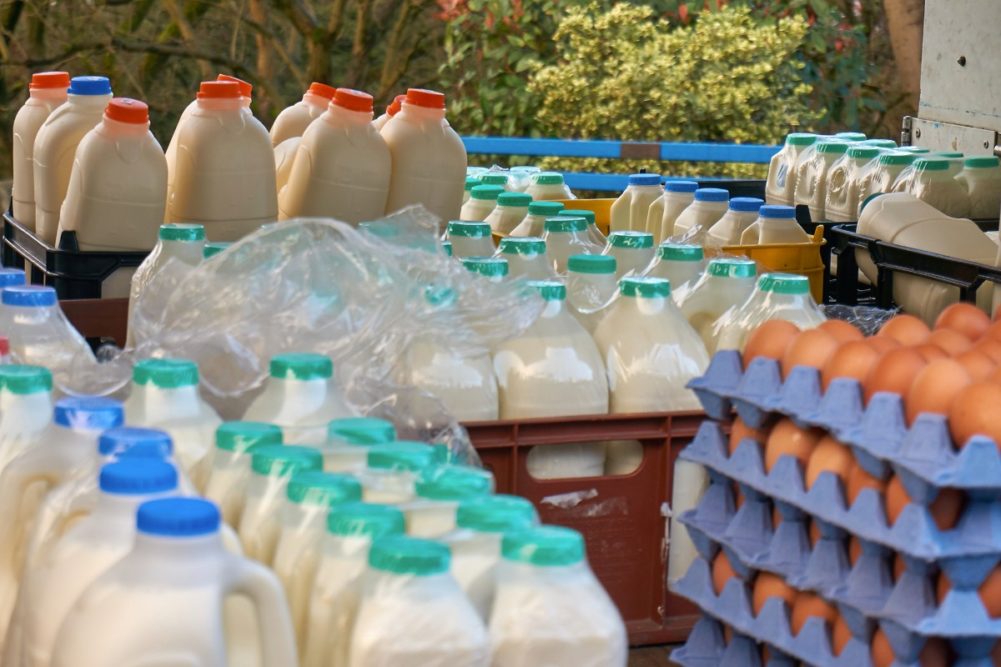ARLINGTON, VA. — The Food Industry Association, formerly known as the Food Marketing Institute (FMI), has established a partnership with the International Foodservice Distributors Association to create a “matching program” that will connect foodservice distributors with excess capacity to retailers and wholesalers who need additional resources to meet demand.
“These are unprecedented times with unprecedented needs, but if we can think in terms of partnerships and problem solving, we can get through this together,” said Leslie Sarasin, president and chief executive officer of the Food Industry Association. “We are committed to replenishing supplies, but we know it will take cooperation, patience and consistency to deliver results.”
The mandated closings of restaurants and schools by local and state authorities have negatively affected the foodservice supply chain. The new program is intended to ease the pressures on the retail supply chain and provide foodservice distributors with economic sustainability.
Rick Stein, vice president of industry relations and fresh foods, said the idea was born out of a March 15 phone call between the Trump administration, its coronavirus task force and food and beverage industry leaders.
“The president of a major foodservice company was on the call and said they are going to have a tremendous amount of excess capacity with restaurants, schools and cruise ships shutting down,” Stein said. “It got Leslie (Sarasin) thinking there are foodservice distributors with capabilities that can help many of the retail supermarkets getting slammed. She realized FMI could play a role to connect supply with need.”
The FMI reached out to the IDFA about establishing a program to connect suppliers and customers.
“This isn’t just about product,” Stein said. “Foodservice distributors have trucks, drivers, warehouses, cleaning supplies and industrial cleaning supplies.”
As of March 20, the effort involves a manual form FMI members fill out with what they are looking for. FMI reviews it, passes it to the IDFA who sends back a list of suppliers who may be able to help in the regions requested. Mr. Stein said FMI hopes to have an automated form on the group’s web site (www.fmi.org) by Monday, March 23.
“Our industries are both committed to the safe delivery of food to consumers and we are equipped to provide service during this critical time in our country,” said Mark Allen, president and CEO of the IDFA. “This partnership makes sense and it is in these times of turmoil that we must step up and fill the gaps when we can to help each other where we can.”
Since the program’s formation, two other trade associations, the National Fisheries Institute and United Produce, have joined. Stein said the FMI is open to having other trade group’s join the effort.
“A rising tide floats all boats,” he said. “If we can connect supply with need then we will have done a great job for the industry.”
He added that the FMI sees priorities shifting as time passes.
“This is evolving by the hour,” Stein said. “What we thought was a priority earlier in the week has changed. First, it was about product, but now the requests are for services and workers. Our members need drivers, storage facilities and people to pick and select.”


